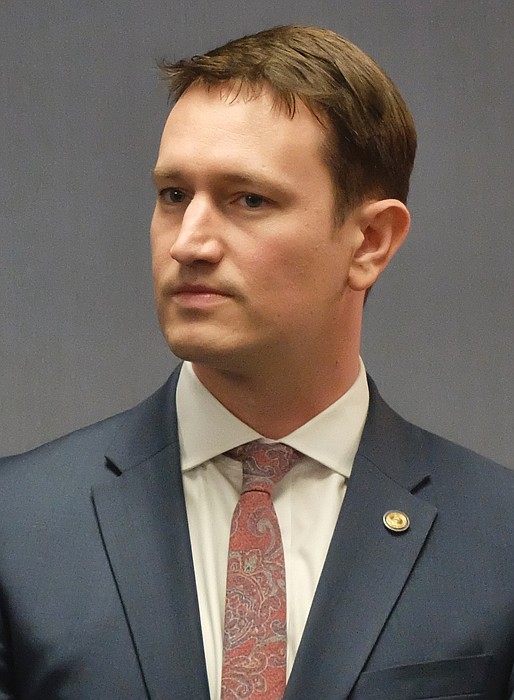City moves access revenue that results in $12.6M surplus
Jeremy M. Lazarus | 1/18/2024, 6 p.m.
The city of Richmond’s financial team moved $30 million in excess revenue from the 2022-23 fiscal year to the city’s savings account to refund expenses and then officially announced a $12.6 million surplus from the fiscal year that ended June 30.
Of the $30 million, $18 million repaid the 5-cent rebate the city provided to property owners earlier this year, according to a report that the deputy chief administrative officer for finance and administration, Sabrina Joy-Hogg, provided to the Free Press.
Mayor Levar Stoney announced the $18 million rebate in November 2022, an amount equal to about half of the publicly announced $35 million surplus for the 2021-22 fiscal year.
His rebate plan won support from City Council and the Finance Department issued the payments in early 2023. The rebate enabled the council to vote keep the current real estate tax rate unchanged as Ms. Joy-Hogg and the city’s chief administrator, J.E. Lincoln Saunders, urged.
The remaining $12 million that also was transferred to the Unassigned Fund Balance made up for a $12 million error that Free Press reported on in 2021.
The correction reduced the Unassigned Fund Balance, but this fresh payment made up for the error.
These changes are the key reasons the Annual Comprehensive Financial Report or ACFR showed the Unassigned Fund balance grew from $107.9 million at the end of the 2021-22 fiscal year to $139.9 million for the 2022-23 — a 29 percent increase.
The Rainy Day fund also includes a separate account called the Budget and Revenue Stabilization Fund, which increased from $25.3 million in 2021-22 to $29.6 million in 2022-23, increasing the total amount in the Rainy Day Fund to a record $169.5 million.
That amount is equal to $731 for each of the city’s estimated 230,000 residents and to 18.3 percent of the general fund, which also reached a record $922 million, according to the ACFR.
Ms. Joy-Hogg confirmed that the figures the Free Press previously reported from the city’s audit were accurate. Her only objection was that on Jan. 4 the Free Press reported the money as a “surplus rather than using the term “reserves.”
In a separate interview last week, Mr. Saunders said the city’s money moves that boosted the Rainy Day Fund represent a key element of the city’s quest to secure a Triple A bond rating.
He said he will be advocating for the council to set a policy goal of having the Rainy Day Fund equal 20 percent of the general fund revenue, up from the current 16.67 percent.
“Growing our reserves is a need and a priority,” Mr. Saunders said, based on advice from the city’s financial advisor and Wall Street ratings agency, even if that might reduce the money available for other priorities.
Once that goal is met, he said, the city would have more flexibility in dealing with other needs.







